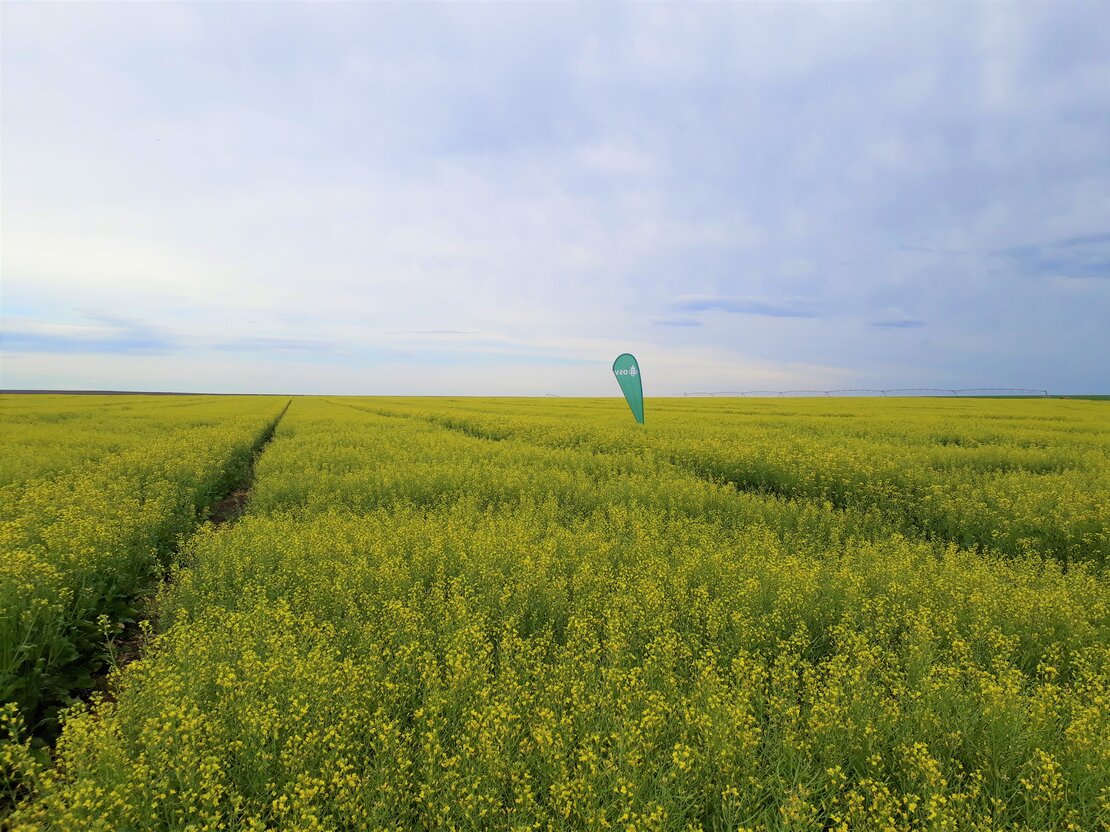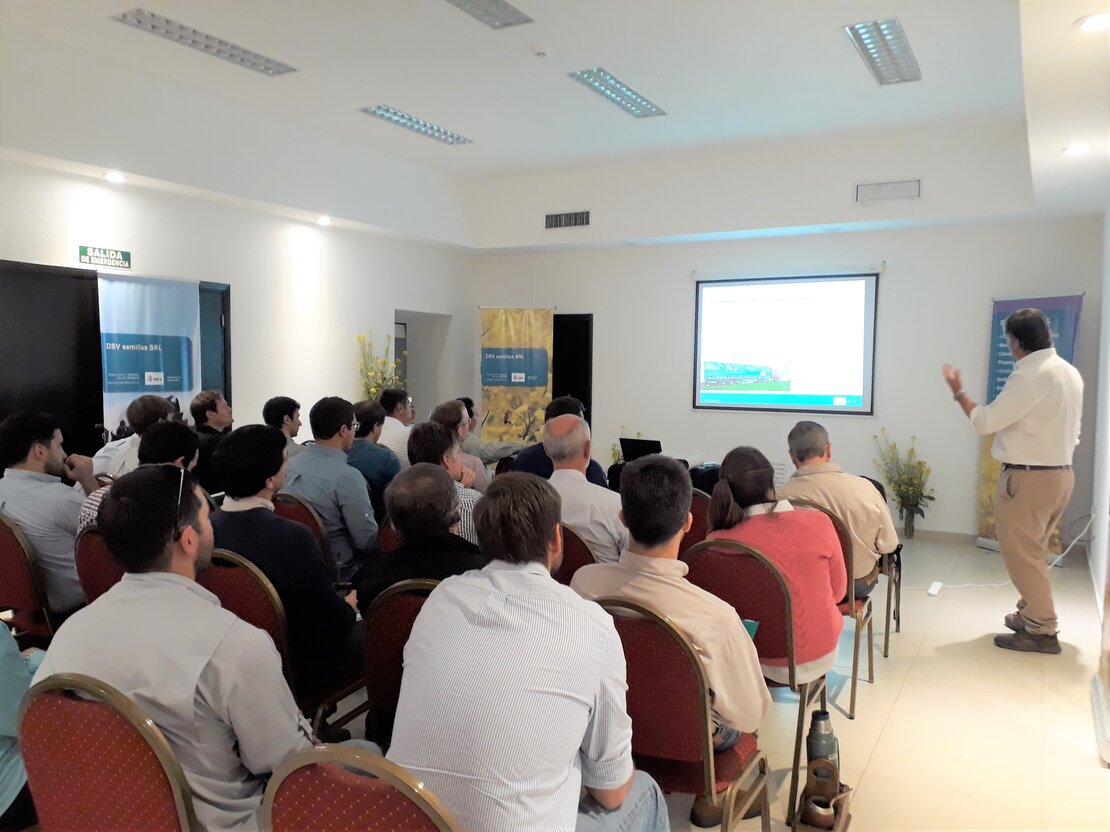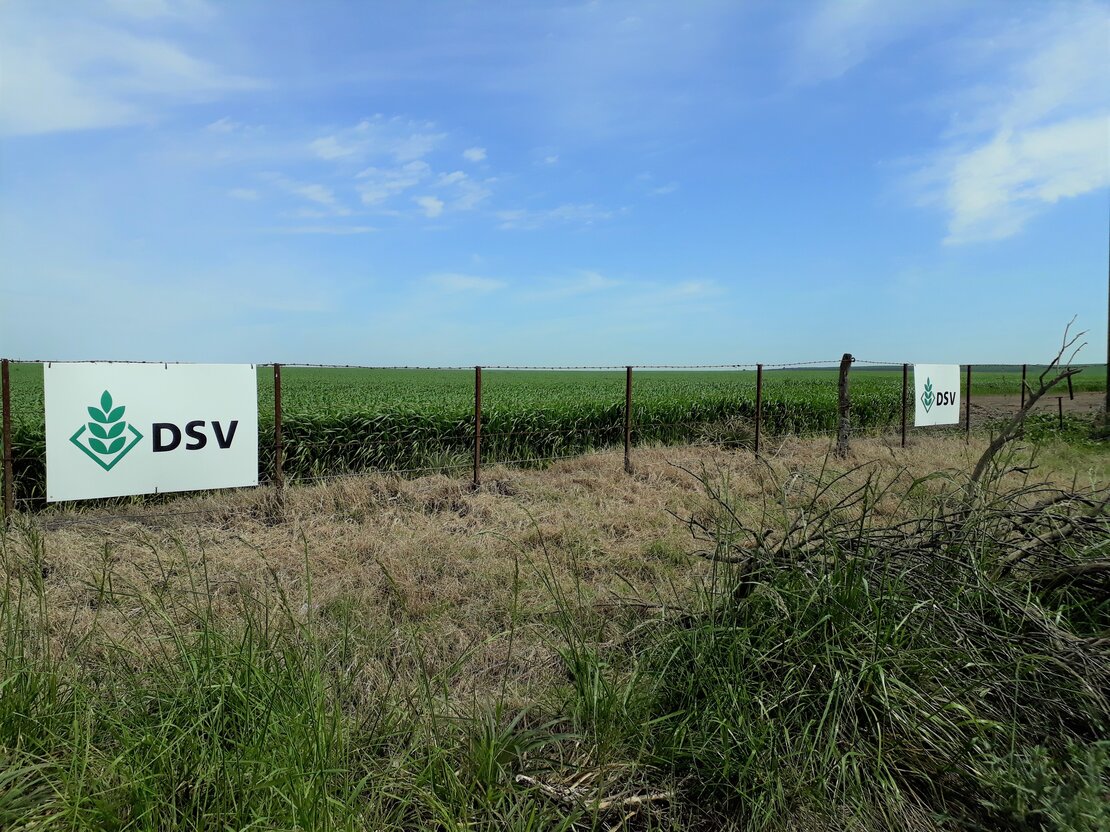After the presentations, the agenda was complemented by a field tour guided by Fradio Perez, DSV field advisor and product manager for South America and Dr. Alexander Döring, product manager for oilseed rape at DSV in Germany. On the field, all participants discussed about production technology as well as the OSR hybrids offered by DSV. The portfolio 2019 includes the winter types Marathon and Phoenix CL as well as the spring oilseed rape hybrids Smilla, Solar CL and Atomic TT.
Today, for most of Argentina’s farmers OSR is just a winter crop and unconventional, but the potential is huge. If all hurdles in growing technology and commercialization can be managed, oilseed rape will be an important diversification to the crop rotations in Argentina, delivering a benefit for soil quality, improving the conditions of the following crops as well, and most important, to farmers profit.
DSV Semillas was founded in March 2017 in Argentina, with the intention and mission of taking the global message of DSV and supplying the constantly growing demand of markets such as Colombia, Ecuador, Chile, Argentina, Uruguay and Brazil.
Our experienced DSV Semillas team, consisting of Fradio Perez (Product Manager), Mercedes de la Colina (Sales Assistant) and Gonzalo Luna (Sales and Business Development Manager) is offering a full portfolio of spring and winter oilseed rape, forage and turf grasses, corn, wheat as well as cover crops.


